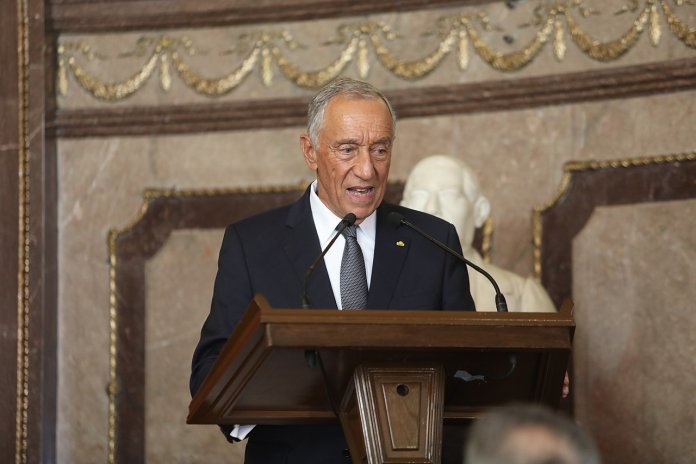The Portuguese government has rejected calls to pay reparations to descendants of slaves, after Portuguese President Marcelo Rebelo de Sousa said that the country should “pay the costs” of slavery and colonialism earlier this week.
Portugal had the longest involvement in the transatlantic slave trade among European colonial powers, spanning some four centuries. During that time, the Portuguese kidnapped some 6 million Africans taking them to the Americas, where they were forced to work on plantations while the country profited from their labour. The majority of slaves were taken to Brazil, which was a Portuguese colony.
Rebelo de Sousa said that Portugal should cancel debts of former colonies and provide finance.
Reacting to the comments, the Portuguese government said that it wanted to “deepen mutual relations, respect for historical truth and increasingly intense and close cooperation, based on the reconciliation of brotherly peoples”. However, it said that that, following previous governments, it has no programme of actions for paying reparations.
Rebelo de Sousa’s remarks came a year after the Portuguese president made similar remarks that the country should apologise and “assume responsibility” for its role in the transatlantic slave trade. They also came a day before the 50th anniversary of the Carnation Revolution on 25th April. The revolution had toppled the fascist government first instituted by António de Oliveira Salazar in 1933. Salazar’s ‘Estado Novo’ (New State) had attempted to hold onto Portugal’s remaining colonies after other colonial powers acquiesced to demands to anti-colonial movements for independence. At home, Salazar instituted a corporatist, nationalist and autocratic regime.
Rebelo de Sousa’s comments also follow calls made by United Nations High Commissioner for Human Rights Volker Turk earlier this month also supporting growing calls for former European colonial powers to pay reparations to descendants of slaves.


